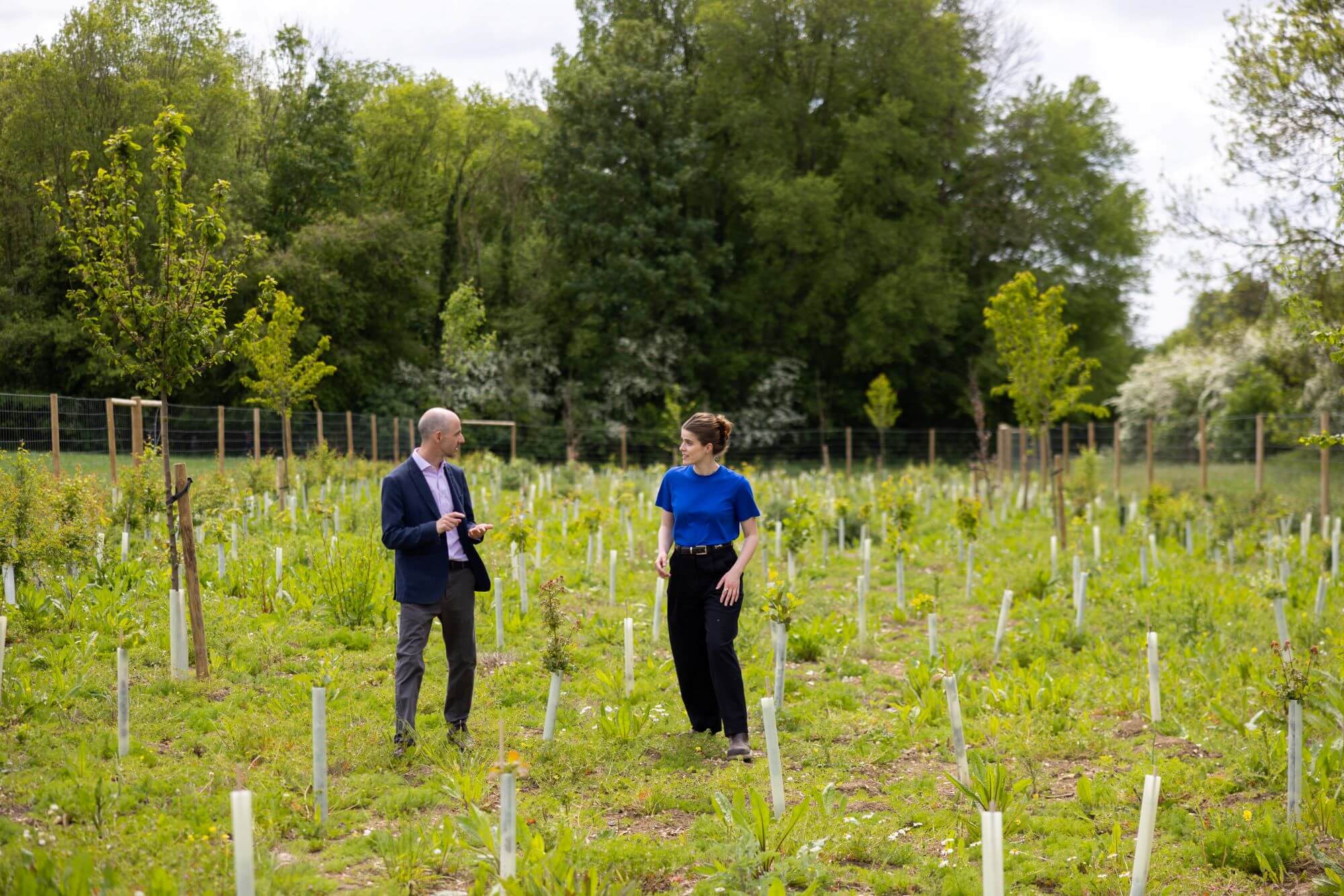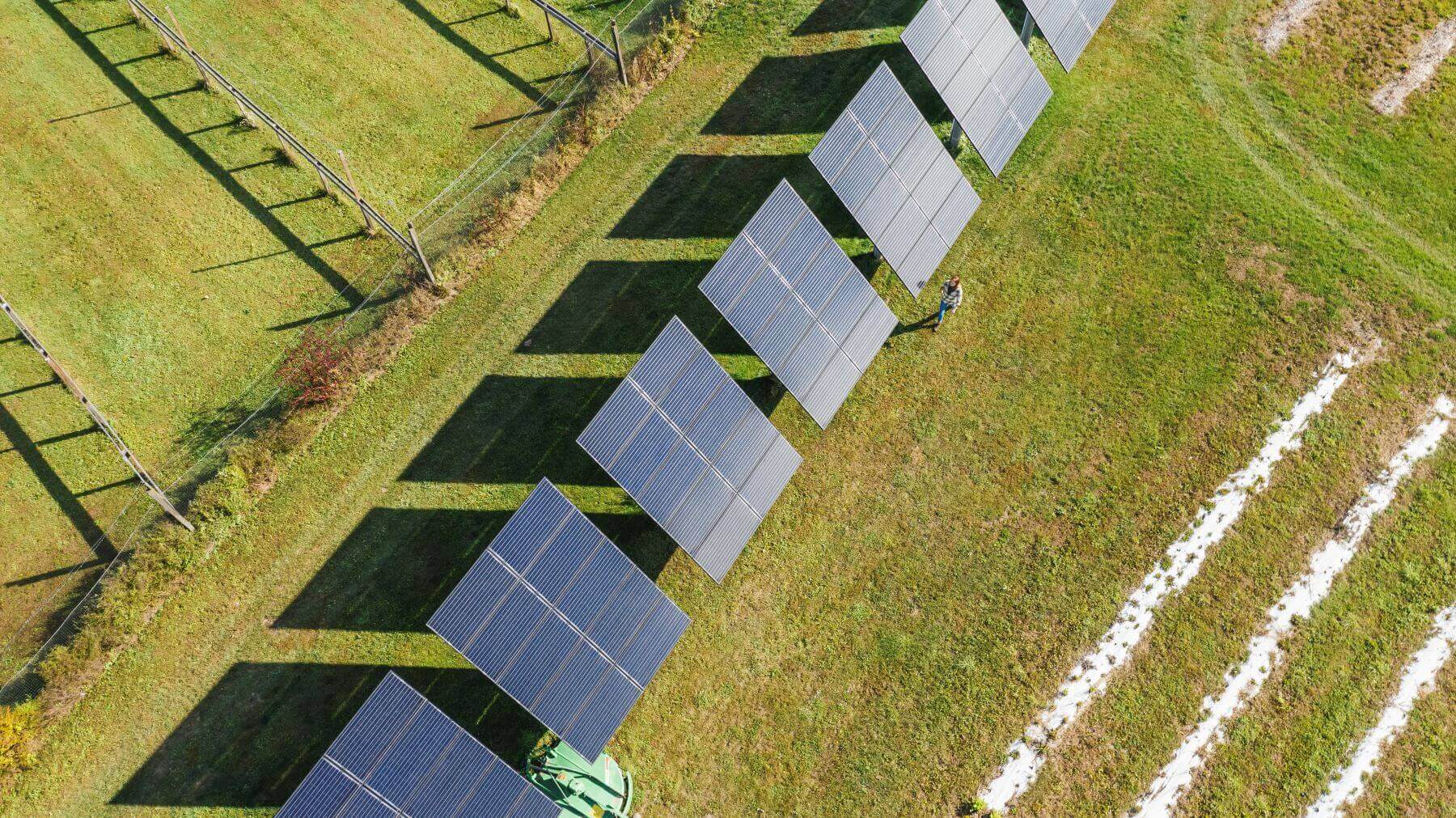What is natural capital?
Understanding natural capital is crucial for businesses navigating today's environmental challenges. James Shepherd, Partner in the Rural Consultancy team, explores its significance, the urgent need for integration into corporate strategies, and the initiatives helping to harness natural capital and shape a sustainable future.
4 minutes to read
Understanding natural capital
Natural capital refers to the world's stocks of natural assets, including geology, soil, air, water, and all living organisms. It encompasses both the social and environmental aspects of our planet, highlighting the interconnectedness between nature and human activity.
But what exactly does this encompass? Simply put, natural capital is the sum total of the Earth's resources – from forests and oceans to minerals and biodiversity. However, its value extends far beyond commodities; it underpins the very foundation of our existence.
The economic importance of natural capital
With more than half the world’s economic output being dependent on nature, the economic importance of natural capital should not be underestimated. In the UK the Green Finance Institute reports that natural environment degradation can potentially reduce UK GDP by 6-12%, highlighting this is not just a natural crisis but also an economic one. Failure to address nature loss and degradation poses significant risks to our economic, political, and societal structures.
Businesses play a pivotal role in shaping the state of our ecosystems and vice versa. This reciprocal relationship, termed "double materiality" by the Cambridge Institute for Sustainability Leadership, highlights how businesses both impact and are impacted by the natural world. This underscores the growing need for organisations to recognise and measure their ESG impacts, including those impacts on nature or from nature. To adapt to this, corporate priorities must be recalibrated to embrace a holistic approach that values nature as a significant resource. Organisations, regardless of scale or sector, will increasingly need to accept the link between their operations and the health of our planet.

Key areas of focus within natural capital
- Increasing biodiversity
Current UK law mandates most new developments in England achieve a minimum 10% increase in biodiversity from their pre-development baselines. The objective of Biodiversity Net Gain (BNG) is to guarantee that all new projects actively contribute to the preservation and enrichment of the natural environment, whether on-site or elsewhere. Looking ahead, BNG policy could include sectors of the economy outside of real estate development, therefore expanding the mandatory requirement to businesses that aren’t (or may only be doing so voluntarily) addressing their biodiversity impacts currently.
- Carbon offsetting
Offsetting carbon dioxide emissions from industrial or other human activities involves participating in initiatives aimed at achieving equivalent reductions of carbon dioxide in the atmosphere.
- Nutrient offsetting
Nutrient neutrality is a strategy that means new development in specific areas do not result in an increase in phosphate and nitrate levels in local watercourses beyond current levels.
- Environmental and social enhancement
Nature can help solve some of society’s big challenges and create a positive social impact on communities and individuals. This includes physical and mental health and green prescriptions, such as an NHS-prescribed walk to support wellbeing.
The roadmap to nature positive
Recognising the pressing need for action, initiatives like the Taskforce on Nature-related Financial Disclosures (TNFD) have gained momentum. These efforts aim to integrate nature-related risks and opportunities into corporate decision-making, laying the groundwork for a global 'nature-positive' economy.
In the UK, the government's commitment to protecting and conserving at least 30% of land and sea for biodiversity by 2030, known as 30by30, marks a crucial step towards reversing the decline of nature and underscores the urgency of collective action. This presents businesses with opportunities to align their strategies with broader conservation objectives.

Using our ESG ambition to support landowners and businesses
We have embedded sustainability and ESG practices into our business and have cultivated an in-house specialist rural team comprising experts in natural capital, comprising chartered rural surveyors, and agricultural consultants. This diverse team enables us to not only navigate the opportunities of natural capital within but also to actively contribute to positive change. By collaborating with our clients, who are often stewards of natural resources, we're driving meaningful impact on both a local and global scale. We're also partnering with nature conservation charities and advising policymakers, including guiding DEFRA, in shaping environmentally responsible policies.
Operating within a trusted ecosystem of key industry stakeholders, we're leveraging our influence to foster sustainable practices and champion the preservation of natural capital.
How can we support you with natural capital?
We stand at the forefront of this journey, offering tailored solutions to help organisations harness the power of natural capital and be on the front foot of any potential policy change, such as mandatory reporting by larger organisations on their nature impacts.
From developing natural capital strategies and realising positive action through BNG projects, landscape recovery schemes and nature-positive carbon initiatives, our holistic approach enables businesses to integrate natural capital into their operations.
Our experienced rural consultancy team have the ability to bridge the gap between commercial objectives and environmental stewardship. We offer knowledge and leading research in the rural and commercial investment space, and on-the-ground experience of what we’re seeing in the market to advise our clients best. Find out more about natural capital and how we can support you.